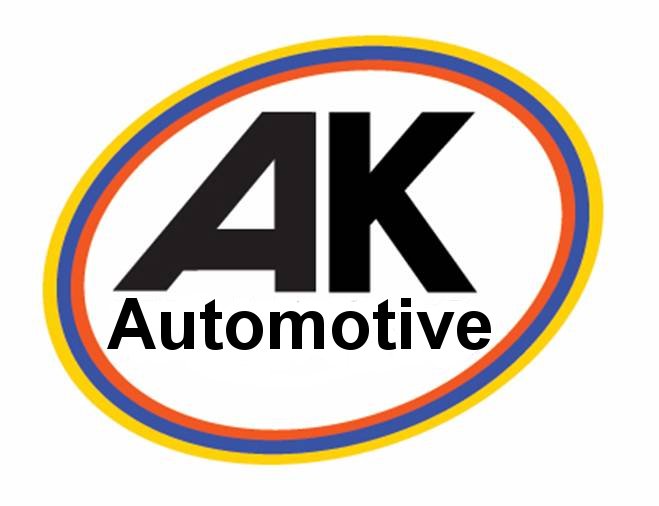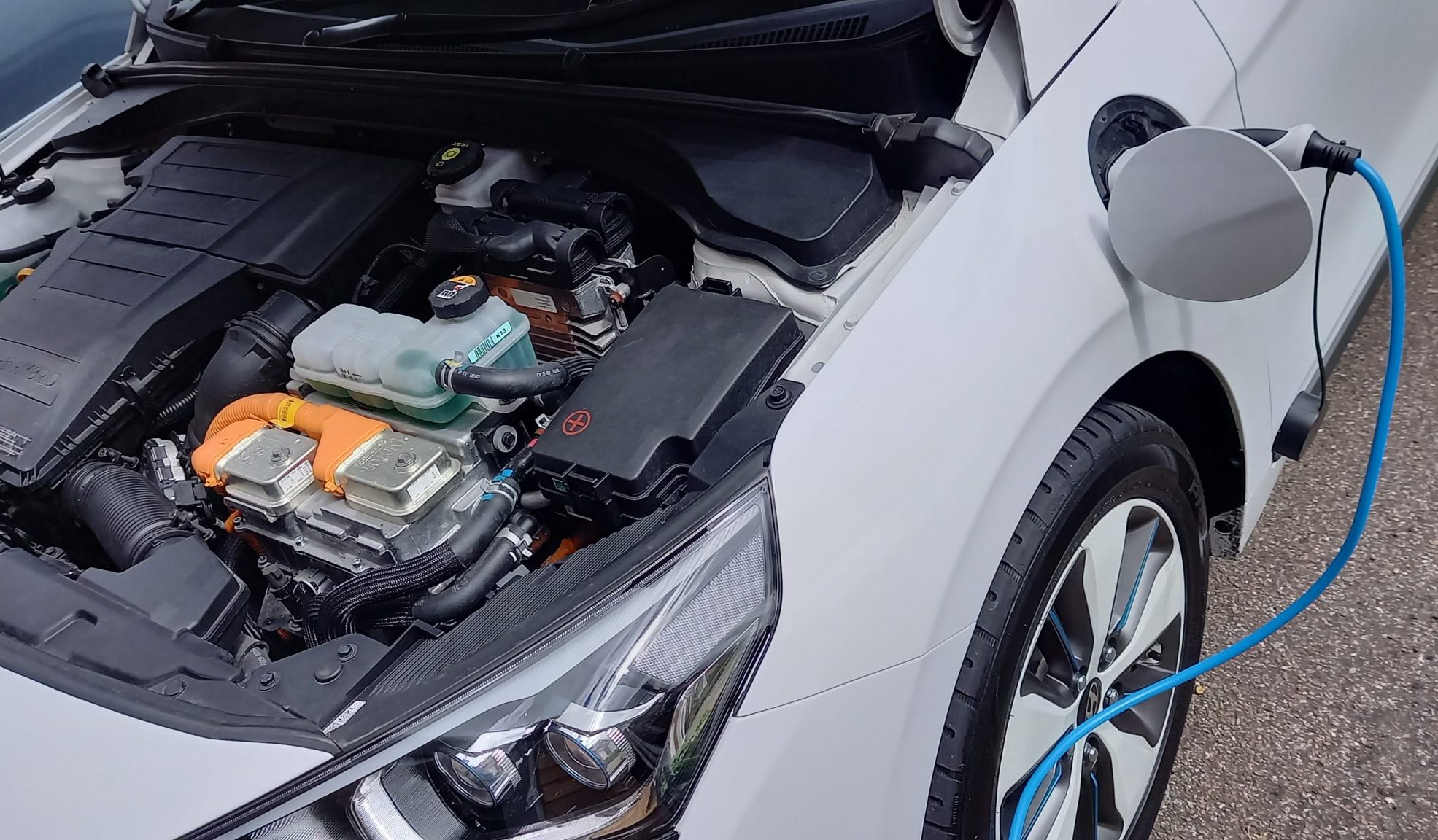This is a two day introductory vehicle electrics training course. It is aimed at vehicle mechanics, technicians and apprentices working in the motor industry who would like to gain a working knowledge and understanding of electricity and vehicle electrical circuit operating principles.
The course covers the following main subjects:
Day 1
- Electrical principles explained
- Volts, amps and resistance measurement units
- Voltage drop and potential difference
- Series and parallel circuits
- Digital multi meters and circuit testing
- Ohms Law and Watts Law
- NTC and PTC devices
- ISO relays and electronic relays
- Relay testing
- Review and summary of day 1
Day 2
- Re-cap day 1
- Interpreting wiring diagrams
- Battery technologies & battery monitoring sensors
- Charging systems & alternator management
- Starter motors & stop-start systems
- Vehicle voltage distribution & power management
- Batteries, starting and charging systems diagnosis
- Course assessment
The course begins with an explanation of electrical theory and terminologies, covering voltage, amperage and the effects of ohms resistance on electrical circuit functions. It explains circuit types, circuit operating requirements and how to measure voltage drop and potential difference using a digital multi meter when testing vehicle electrical circuits.
You will learn about the functions of a digital multi meter, how to use the multi meter to best effect by applying the most appropriate multi meter function when testing vehicle electrical circuits and understand what to look for.
The course explains Ohms Law and Watts Law, highlighting CAN bus, lighting systems and PTC / NTC components as practical examples of where these are relevant to modern vehicle electrics and electrical system technologies. Here the course also explains the effects of magnetism and heat on the flow of electricity around vehicle electrical systems.
Vehicle Electrical Principles explains how to apply electrical theory and principles in a way that will enable you to gain a greater understanding of how vehicle electrical systems work. This includes how to read wiring diagrams and here the course focuses on the Autodata online system and also covers OEM technical information system wiring diagrams.
The course comprises classroom and workshop based sessions supported by technical presentations, discussions and hands-on-vehicle practical tasks.
At the start of the course, you will receive a fully illustrated set of course reference notes. By the end of the course, you will be able to explain electrical theory and demonstrate use of test instruments and wiring diagrams for carrying out basic testing of vehicle electrical circuits.
Assessment and certification
Assessment is on-going throughout the course and upon successful completion, you will receive a Certificate of Professional Development from AK Automotive in recognition of your achievement.
Vehicle Electrical Principles – practical tasks
The course comprises a range of classroom based guided practical study tasks.
Tasks are carried out using course workbooks in conjunction with electrical test kits, digital multi meters and a range of useful test leads and accessories.
These tasks are further supported by hands-on-vehicle demonstrations designed to enable you to gain a detailed working knowledge of modern vehicle electrics.
Wiring diagrams & technical information
An important part of the Vehicle Electrical Principles course explains how to read wiring diagrams. Here, you will familiarise with international standardisations in respect of wiring colour codes, electrical symbols, DIN reference numbers and general wiring diagram layouts.
The course focuses on use of Autodata wiring diagrams and also covers OEM technical information system wiring diagrams.
ISO/DIN relays & electronic relays
Vehicle Electrical Principles explains ISO and DIN standard relays and how to test relays. During this part of the course, you will learn about relay types and how relay controlled circuits work.
You will put into practice what you have learnt to test and diagnose relay controlled electrical circuits on vehicles using a digital multi meter, test leads and accessories.
Batteries, starting and charging systems
No longer is the lead acid battery the most common battery type to be found on modern vehicles.
Vehicle Electrical Principles explains battery technologies for lead / acid, AGM, EFB and 12 volt Lithium-ion batteries and what to look for when testing and charging vehicle batteries. The course covers pulse / maintenance type battery chargers and use of digital battery analysers.
You will learn about stop start systems and alternator management systems including the battery monitoring sensor and LIN bus controlled alternators – now a standard feature on most modern vehicles. The course explains important considerations when testing and charging modern vehicle batteries, starting and charging systems.
Course notes and support materials
At the start of the course, you will receive a fully illustrated set of course reference notes to use during the course and which are yours to take away at the end.
By the end of the course, you will have gained the knowledge required to carry out accurate test measurements of vehicle electrical circuits.
Assessment is on going throughout the course and at the end of the course, you will receive a Certificate of Professional Development from AK Automotive in recognition of your attendance on the Vehicle Electrical Principles training course with AK Automotive.
Prerequisites
Those wishing to attend the Vehicle Electrical Principles training course should have a motor industry or other relevant technical background (e.g. emergency services and ex-military – R.E.M.E. welcome).
Further development
After successfully completing the Vehicle Electrical Principles course, you may like to progress to the following courses:
- Vehicle Electrical Fault Finding Techniques
- Electric & Hybrid Electric Vehicle Systems
- Oscilloscope Diagnostics & PicoScope
- CAN Bus & Integrated Systems
On-site Training
AK Automotive specialise in delivering on-site training. To enquire about an on-site training course please contact Tony Kitchen (AK Automotive) directly.
Contact: Tony Kitchen (AK Automotive)
Telephone: 00 44 (0)7484 831 015
E-mail: tony@akautomotivetraining.co.uk

© AK Automotive 2023
Page last updated: Tuesday 12th December 2023
